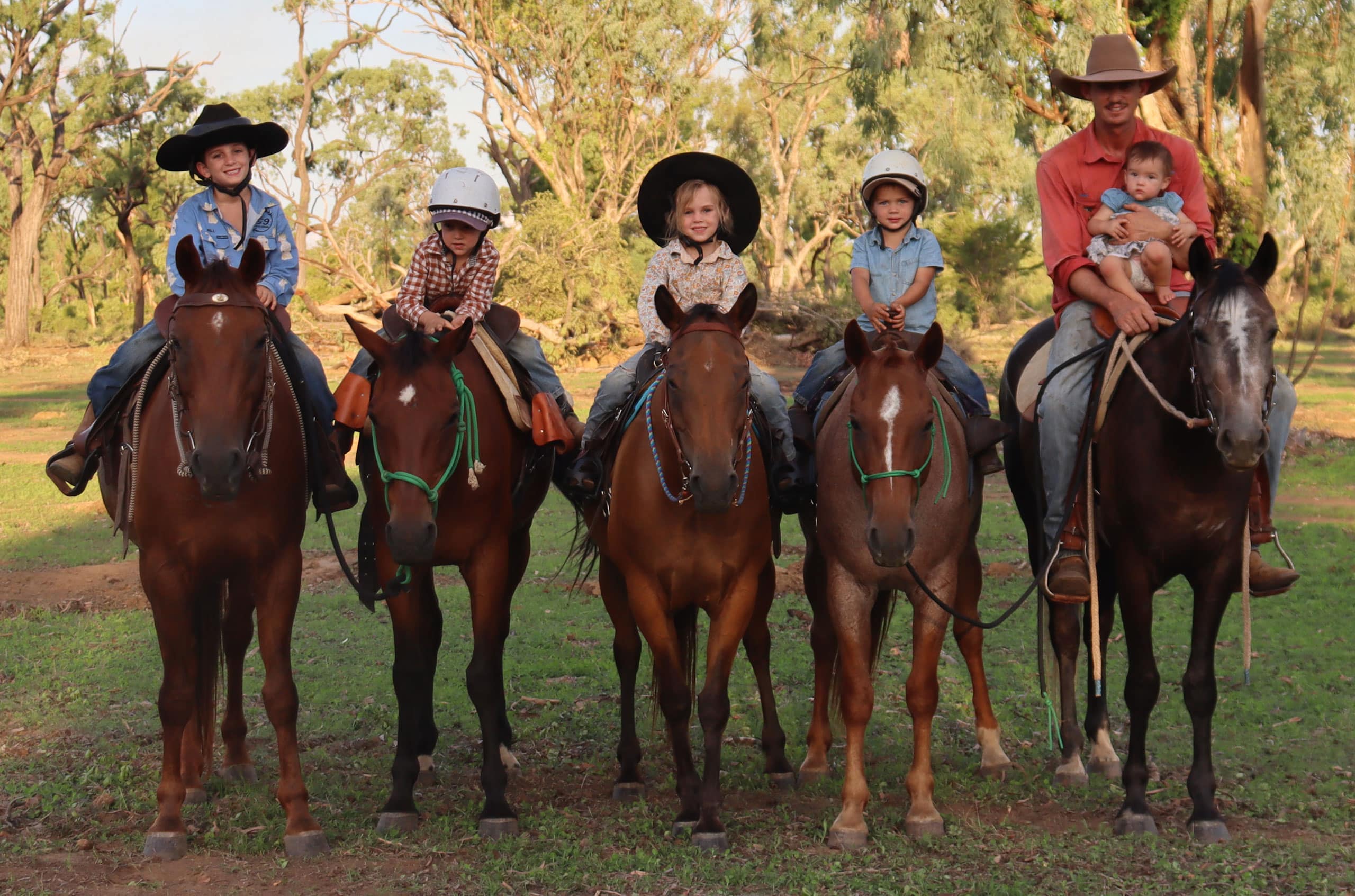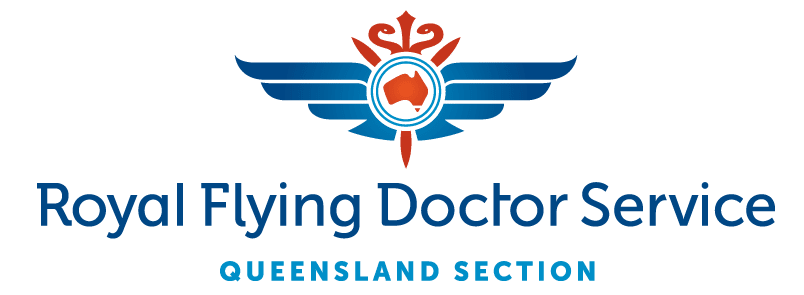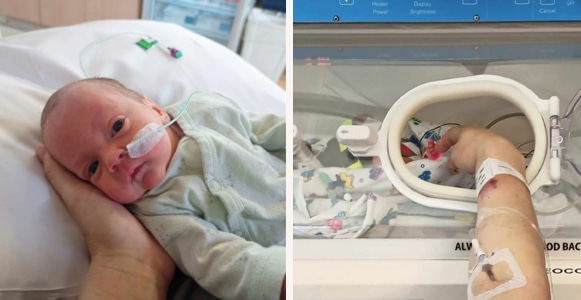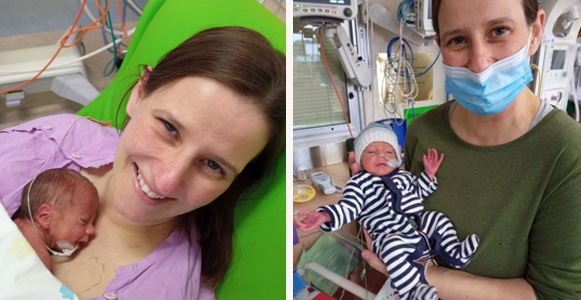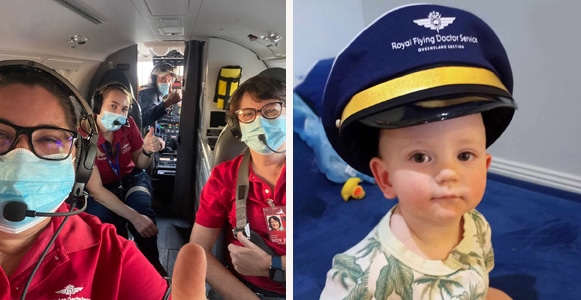Sometimes the Flying Doctor is the only doctor.

“Without our teams flying in for regular clinics, families like the Terrys wouldn’t be able to live in the bush anymore. People are committed to a way of life, to their animals, the land, and their community. Many would rather have their health suffer than leave.”
Meet Kate Terry and her five ‘bush babies’—Mack (seven), Bella (five), Percy (four), Beau (two), and six-month-old Daisy.
The family lives on the cattle station they manage just outside the tiny bush town of Mount Surprise. The nearest GP is a two-and-a-half-hour drive. Cairns Hospital is nearly four hours away.
It’s impossible to make journeys like this on a regular basis when you’ve got work, animals to care for, as well as children at home and in school.
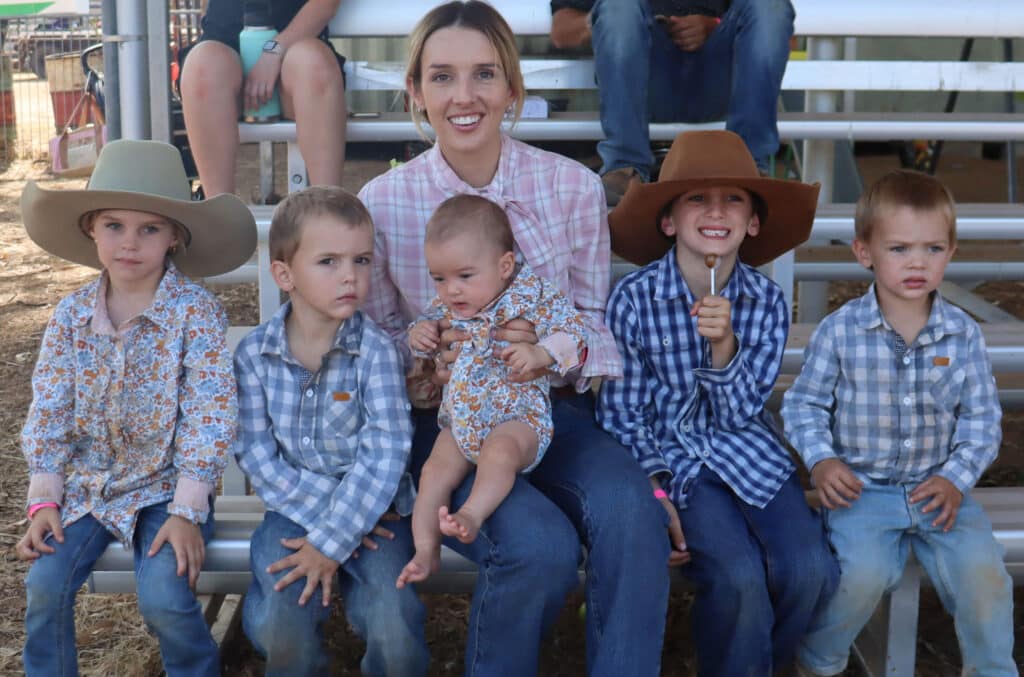
Access to healthcare is critical for any child anywhere. Particularly in the first 2,000 days of their life, so any delay or problem can be diagnosed as early as possible – before it has a lifelong impact.
Families in the city don’t usually have to travel far for the essential health checks and medical appointments that occur during pregnancy and the early years of a child’s life. But for families like Kate’s, living in far north Queensland, the nearest GP can be hundreds of kilometres away.
You are the key to bridging this gap.
